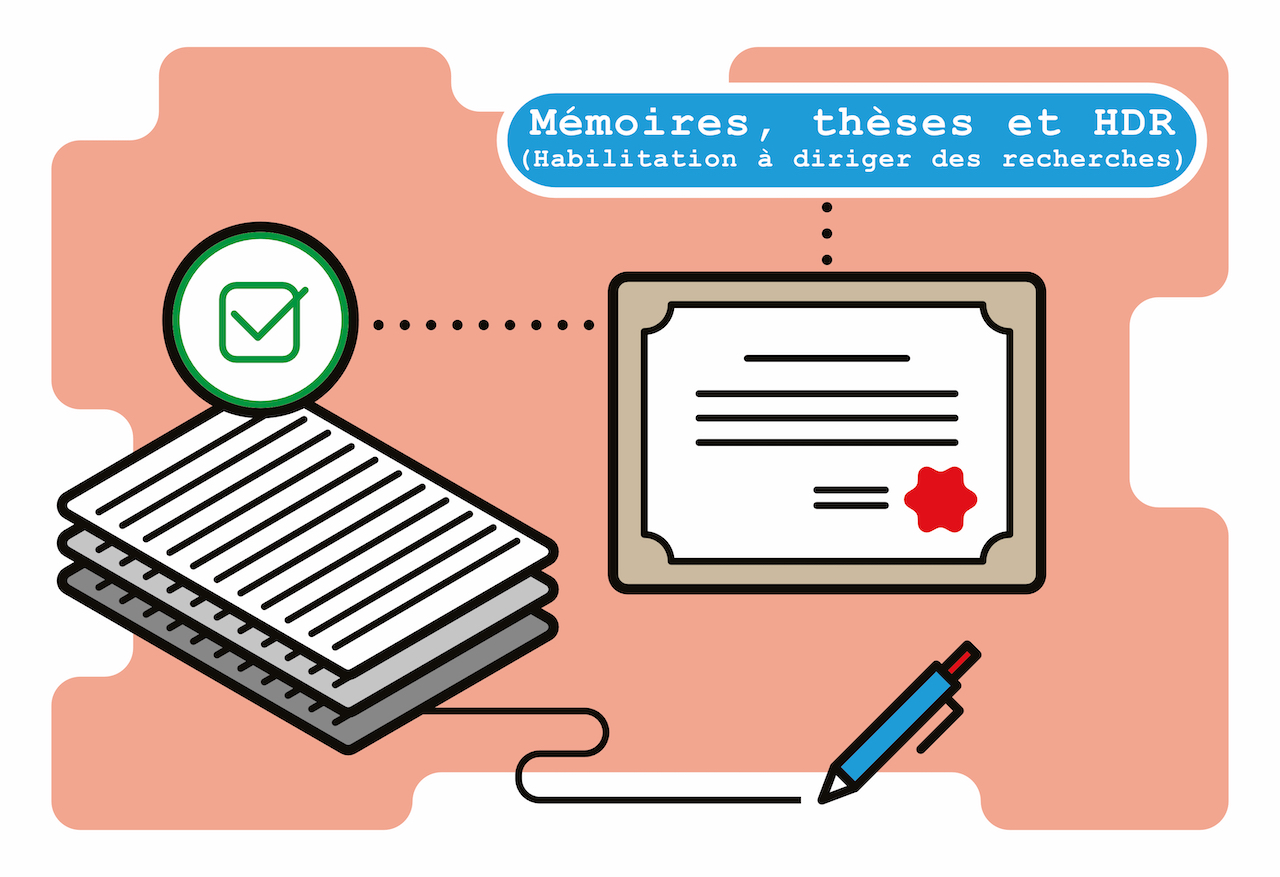Les histoires de Timagène d'Alexandrie : nouveaux fragments et nouvelles perspectives de recherche The historical work of Timagenes of Alexandria : new fragments and new perspectives of research
Fiche du document
7 mai 2024
- ISIDORE Id: 10670/1.02bd20...
Restricted Access , http://purl.org/eprint/accessRights/RestrictedAccess
Mots-clés
Timagène Historiographie grecque Fragments Gaule Alpes Alexandre le Grand Timagenes Greek historiography Fragments Gaul Alps Alexander the Great 900Sujets proches
Influence and results cultural adaptation Impact (influence exercée) Conséquences influence Alexandrie d'EgypteCiter ce document
Michele Nardelli, « Les histoires de Timagène d'Alexandrie : nouveaux fragments et nouvelles perspectives de recherche », Theses.fr, ID : 10670/1.02bd20...
Métriques
Partage / Export
Résumé
Cette thèse porte sur l'étude de Timagène d’Alexandrie, historien du Ier siècle av. J.-C., et sur l’influence de sa production littéraire dans les Histoires Philippiques de Trogue Pompée, la Géographie de Strabon et l’Histoire Naturelle de Pline l’Ancien. À travers une comparaison des textes anciens, latins et grecs, nous avons identifié cinq nouveaux fragments de Timagène, susceptibles d’être ajoutés à la collection de F. Jacoby. Ces fragments portent d’une part sur l’histoire gauloise et alpine, à laquelle Timagène accordait une attention particulière en explorant l’ethnographie et les légendes anciennes.D’autre part, ils se réfèrent à l'anabase d’Alexandre, sujet que l’auteur a connu à travers l'œuvre de Clitarque. Le portrait de Timagène qui ressort de ces fragments est celuid’un érudit alexandrin désireux de transmettre le savoir hellénistique aux cercles culturels romains: c’est à Rome qu’il a entrepris d’enseigner la rhétorique attique, et qu’il a rédigé ses ouvrages historiques, tout en maintenant des liens étroits avec sa ville natale, Alexandrie. Du point de vue historique, Timagène se présente comme un digne héritier de la tradition historiographique grecque, en particulier celle représentée par Hérodote et Théopompe. L’œuvre de Timagène a exercé une influence significative sur les productions littéraires de l’époque augustéenne, en particulier dans le domaine de l'histoire de la Gaule et de la région alpine : en effet, Trogue Pompée a repris les récits de Timagène aux livrescentraux de son œuvre historique (XXXXXII), tandis que Strabon a cité l'historien au livre IV de sa Géographie.
